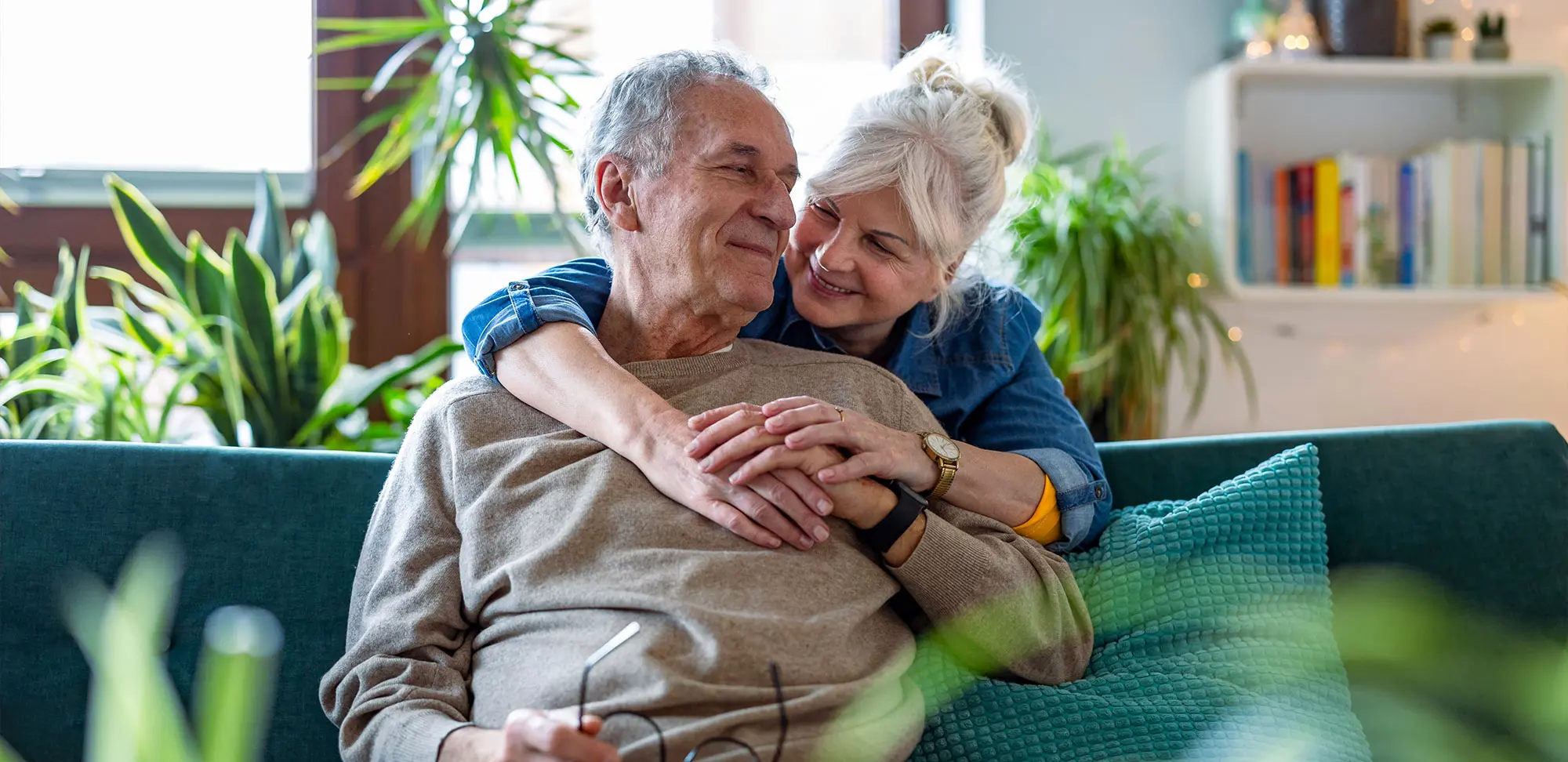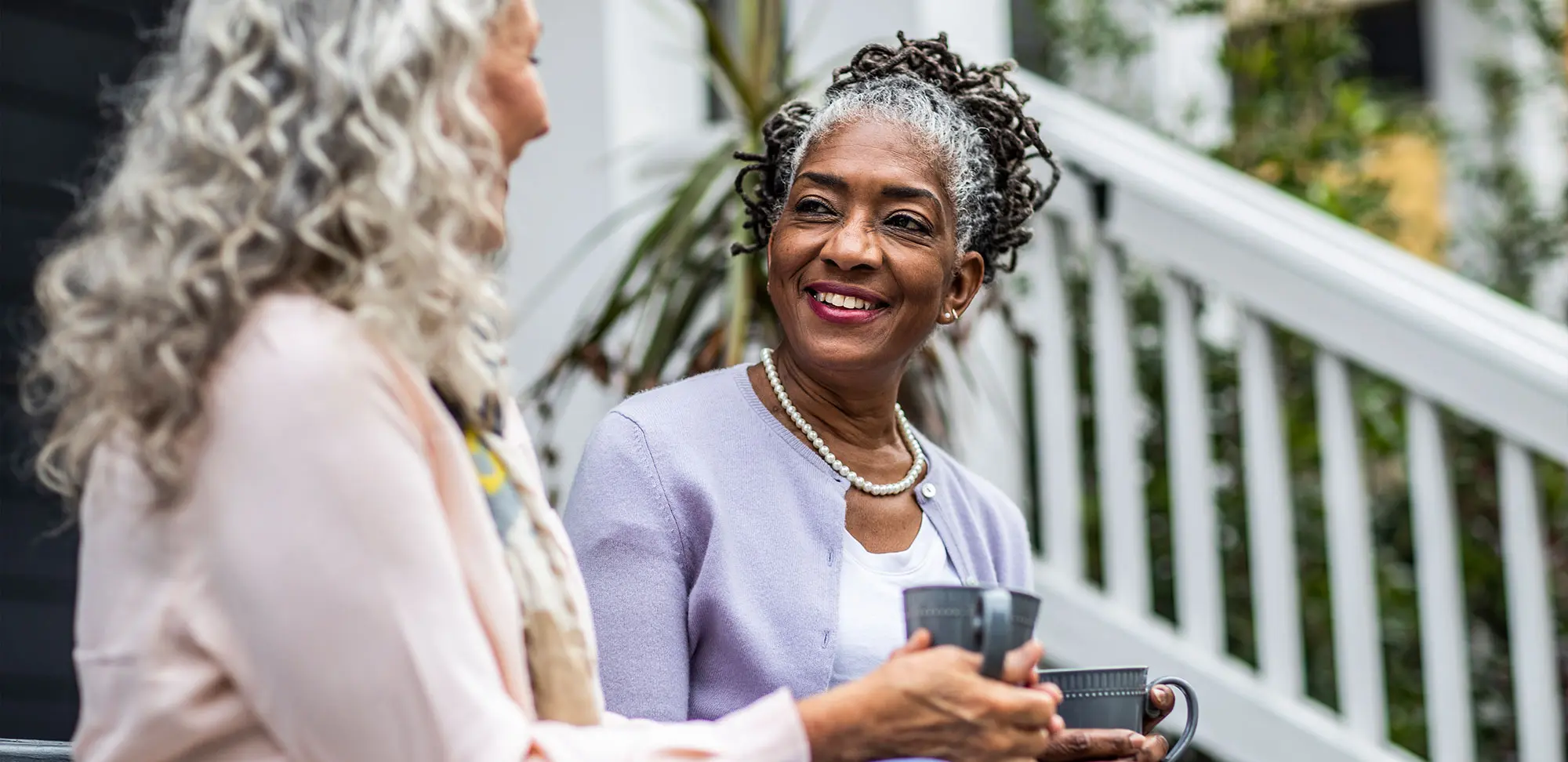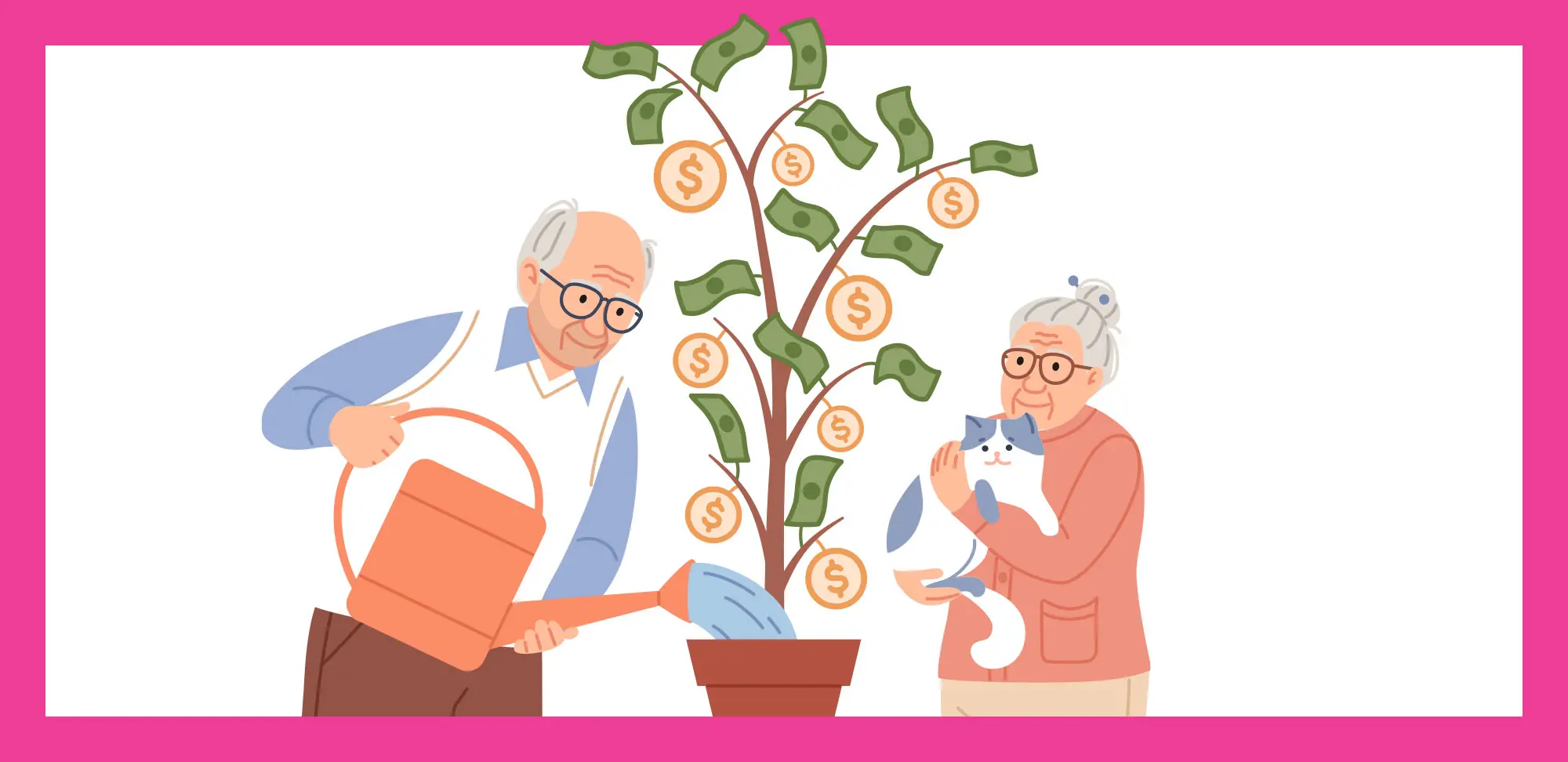“They say I’m old-fashioned, and live in the past, but sometimes I think progress progresses too fast!”
That’s a quote from Dr. Seuss’s The Lorax, but it could just have easily been attributed to my husband’s aunt Bess LaMantia. She refuses to give up her flip phone, and we tease her (lovingly) regularly.
“I just don’t feel the need to be connected 24-7 to the world around me,” she explained when I asked. “I do enjoy texting and keeping in touch, but that is all I need the phone for. I find it fascinating how, no matter where you go, heads are down and phones are on. It’s hard to even say a polite ‘hi’ to people you pass by now.”
While her fondness for her flip makes sharing photos of her grandnieces more challenging, she may be on to something.
This past year has forced many of us, myself included, to embrace technology more than we might have pre-pandemic. And while there are good reasons — for example, we feel safer attending virtual fitness classes — tech fatigue has set in for some of us.
Sure, technology offers lots of conveniences, like the ability to take a course online or to preheat the oven from a smartphone app. But what are we giving up in exchange?
Potentially a lot. Many popular technology platforms are designed to harvest our attention and data. If you’re a smartphone user, you may have found yourself lost in an app, scrolling mindlessly or unable to stop playing a game.
But here’s the catch: We might think we’re consumers of these platforms, but we’re often the product instead. That’s because the tech companies sell our data to clients, or leverage it to generate mind-boggling ad revenue. In other words, we’re the commodity.

That’s not the only downside of high-tech living, either. Here are just some of the entries in the Ledger of Harms published online by the Center for Humane Technology. (You can find the full list and supporting data at ledger.humanetech.com.)
- The spread of misinformation. Fake news spreads six times faster than true news.
- Decreased memory and focus. We can focus for only 40 seconds on average while working on computers.
- Stress, loneliness, feelings of addiction and other health impacts. One month away from Facebook resulted in improvements in emotional well-being.
- Less empathy, more confusion and misinterpretation. Infants showed greater unhappiness and fewer positive emotions when their mothers looked at their devices for as little as two minutes.
- Negative impacts on younger generations. These include developmental delays and increased suicide risk; social media use is linked with an increase in depressive symptoms in teenagers.
But you don’t need to ditch social media, online classes or video chats with the grandkids to tap into the benefits of living low-tech. If you plan how you’ll use technology and stay mindful of the traps designed to suck you in, you can enjoy the upsides of tech. Here are some tips.
- Stop notifications. These pop-ups are one way that technology platforms steal your attention. Turn off notifications in your smartphone’s settings menu to stop the interruptions, and then check in with apps on your schedule.
- Take tech breaks. These can help you deepen connections with the people right in front of you. They can also help reduce stress, increase self-worth and improve sleep. Step away from your laptop, smartphone or tablet a couple of nights a week and lose yourself in a good book or work on a puzzle.
- Set limits. Look for a digital well-being function in your devices’ settings and set time limits on app usage. Depending on the device, you may be able to see how long you’ve spent on different apps. You might be surprised!
- Go exploring. If you aren’t in a hurry, switch off Google Maps and find a new route home. New research published last year in the journal Nature Neuroscience showed that people feel happier when they have more variety in their daily routines.
- Talk instead of type. Next time you want to reconnect with an old friend, opt for a phone call. According to research published in a fall 2020 issue of the Journal of Experimental Psychology: General, voice chats create stronger social bonds without an increase in awkwardness.
- Write a letter or keep a journal. Hand-writing documents has many benefits, including improved mood and enhanced creativity. And let’s face it: A letter that arrives in your mailbox is an old-fashioned treat that can make your day.
- Pay attention to how you feel. Social media has been shown to negatively impact feelings of self-worth. Unfollow accounts that make you feel bad about yourself, or delete the app.
WANT TO LEARN MORE?
For information about how the design of technology platforms can harm us, watch the film The Social Dilemma on Netflix or visit humanetech.com.
We asked
HOW DO YOU TURN OFF AND TUNE IN?
“I have gone back to good old-fashioned paper-and-pencil crosswords. I had forgotten how much I had enjoyed these years ago.”
- Carol Chouinard (District 3 Algoma)
“I sprinkle in housework, gardening, watching my favourite British soap and TV series, reading, cooking and a daily COVID walk to lessen device overload. I call that living day by day.”
- Mary G. Cecol (District 15 Halton)
“I go camping, canoeing and hiking; and spend time gardening, knitting, reading, doing yoga and cooking. I also enjoy spending time outdoors with my husband and my four dogs.”
- Arlene Cole (District 28 Region of Durham)
“I eat dinner at the table, talk with family, listen to music, knit and crochet, paint and read a favourite series of books.”
- Nancy Newman (District 34 York Region)
“I garden and build model steam engines to keep busy during the summer, and then model railroading takes over during the winter months.”
- Dave Dykeman (District 41 Elgin)
“I crochet, bake bread, play the ukulele and hike the Bruce Trail.”
- Charlotte Davey (District 17 Simcoe County)











